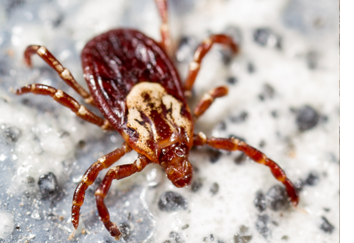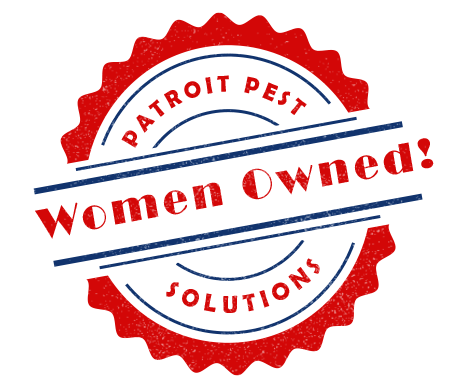Understanding Ticks in Pennsylvania
Pennsylvania is home to a wide variety of ticks, with species like the Blacklegged Tick, American Dog Tick, and the Lone Star Tick being the most prevalent. These small but pesky arthropods pose considerable health risks due to their potential to transmit diseases like Lyme disease, Anaplasmosis, and more.
Tick Biology & Behavior
Ticks are not insects, but arachnids, which puts them in the same family as spiders and mites. They are ectoparasites, meaning they live on the outside of their host’s body, feeding off their blood to survive and reproduce. Understanding their biology and behavior is crucial in the fight against these pests.
Tick Habitat & Prevention
Ticks thrive in humid, wooded environments. High grass, shrubs, leaf piles, and even your backyard could be potential tick habitats. To effectively control tick population, it’s important to keep your outdoor areas well-maintained. Regularly mow the lawn, trim shrubs, rake and dispose of fallen leaves promptly. Additionally, consider treating your yard with environmentally safe pesticides that target ticks.
Tick-Proofing Your Home
Ensure that your home is an unwelcoming environment for ticks. Seal any cracks or openings on your walls or windows that may act as entry points for these pests. Additionally, regular cleaning and vacuuming can help eliminate ticks that may have found their way inside.
Personal Protection against Ticks
When spending time outdoors, especially in tick-prone areas, personal protection is essential. Wear light-colored, long-sleeved shirts and trousers, and tuck your pants into your socks. This makes it easier to spot ticks. Using an EPA-registered tick repellent can add an extra layer of protection.
Tick Removal & Post-Exposure Actions
If you find a tick on your skin, it’s important to remove it promptly using a tick-removal tool or tweezers. Grasp the tick close to the skin and pull upward with steady, even pressure. Once removed, clean the bite area and your hands with soap and water, then apply an antiseptic. If you experience symptoms like rash, fever, or body aches, seek medical attention immediately.
Professional Tick Control Services
When facing a tick infestation, professional pest control services offer effective solutions. Expert pest controllers use scientifically-proven methods, combined with years of experience, to effectively manage and prevent ticks in your property.
Tick control in Pennsylvania is a task that requires understanding, prevention, and prompt action. With the right knowledge and resources, you can keep your home and outdoor areas tick-free. Remember, professional help is just a call away should you need it.
Ensure to conduct further research from credible sources such as the Centers for Disease Control and Prevention (CDC), the American Lyme Disease Foundation (ALDF), and Pennsylvania’s official government website for the most recent and accurate information.
This guide provides a comprehensive approach to tick control in Pennsylvania, aiming to help you keep your home, yard, and loved ones safe from the risks posed by ticks. But always remember, when in doubt, it’s best to seek professional help.




